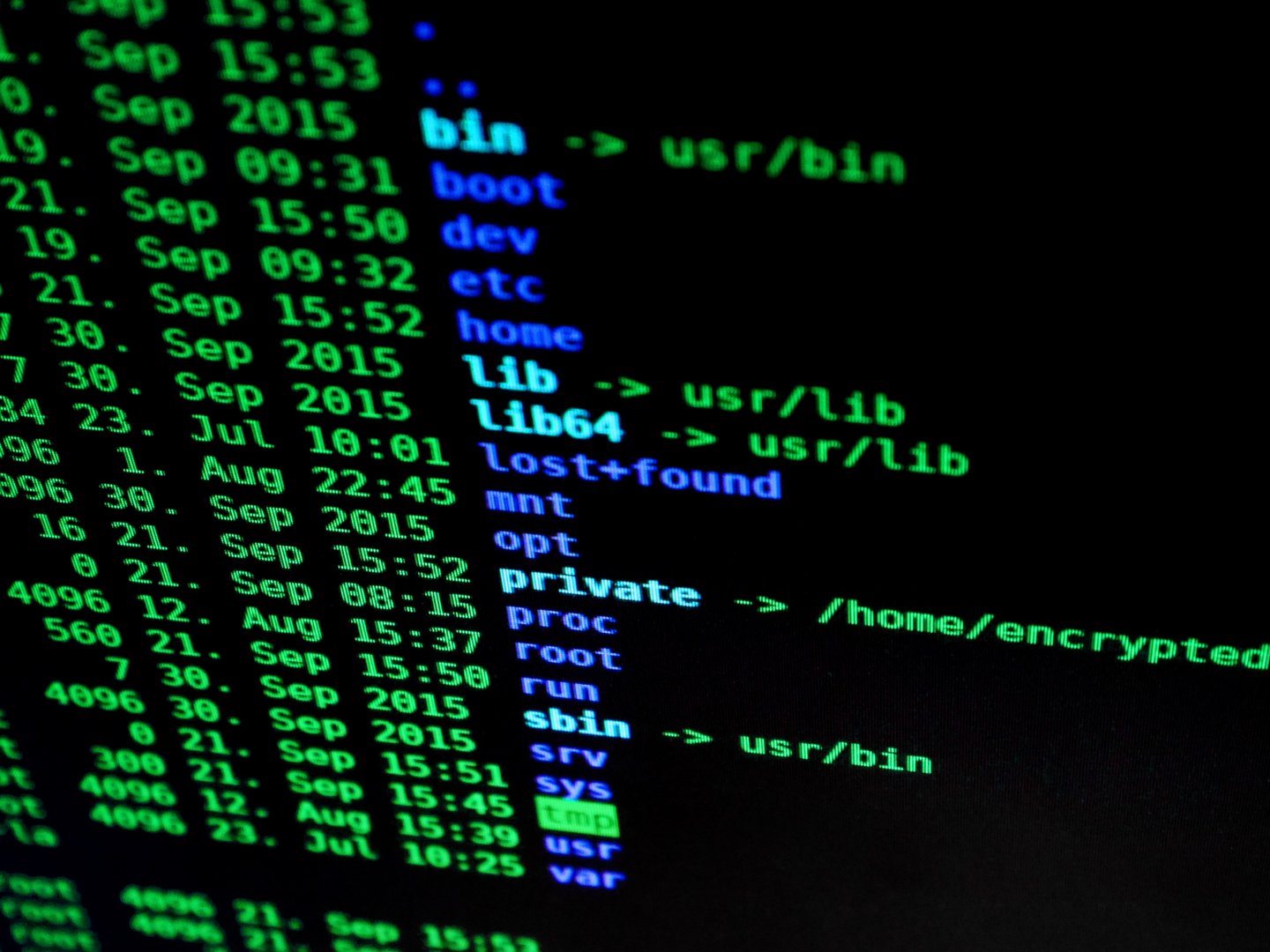
Software Engineer Should Probably Cool It With The Print Statements After Two Hours Of Getting Nowhere
May 10, 2017 NEW YORK - Totally engrossed with finding the source of his module’s race condition, area engineer Francis Eaton this afternoon was …

May 13, 2017 WASHINGTON D.C. - A report released today by the Department of Education indicates that incidences of children claiming an inability to hand in assignments in a timely fashion due to a spurious cryptographic ransomware attack grew by an astonishing 4000% over the last 18 months. Across the United States, teachers at all grade levels are experiencing a dramatic rise in the frequency of students making dubious claims that their essay, book report, or slideshow presentation cannot be handed in because it is encrypted with a key held in escrow by a Russian cybercriminal.
Many educators claim that the vast majority of these students are conniving little twerps who are merely being opportunistic in concealing their procrastination. Instructors voiced their suspicions that students themselves were filling word documents full of gibberish and encrypting them with AES-256 in hopes of getting an extension to rewrite it. Despite their well-founded doubt, these teachers had no choice but to offer the liars extensions thanks to the brutal efficacy of the symmetric key algorithm. Unsurprisingly, wealthier educational institutions that offer to pay the bitcoin ransom and decrypt the file on the spot find that students insist the payment deadline has already passed.
School boards are scrambling to form sensible policy offering guidance on how to handle these seemingly-legitimate-but-probably-bullshit cases where students helplessly point to an encrypted blob supposedly containing all their work. A broad ability to handle these student charlatans is a long way off, but some school districts have been able to find early success. A high school district in California implemented a policy that required students to install software which continually backed up all their work remotely, provided a cloud-based revision history, and took file snapshots every 30 seconds. Within weeks of rolling this out, student claims of ransomware had been almost entirely replaced by absences due to sudden onset of a nonspecific illness.
This article was originally published on AlwaysTrending, a fantastic (but archived) satire site by Matt Frisbie. Copied here with permission of the author.

May 10, 2017 NEW YORK - Totally engrossed with finding the source of his module’s race condition, area engineer Francis Eaton this afternoon was …

May 9, 2017 SEATTLE - Amazon announced today a long-overdue extension to its home assistant product line: the Echo Show, a touchscreen device closely …

May 8, 2017 SAN FRANCISCO - Cruise Automation, the autonomous vehicle startup acquired by GM in early 2016, confirmed today the accuracy of …

May 8, 2017 From: Your colleague Subject: [company/team-repo] Sizeable new feature (#561) View Pull Request ↗ You, the most …

May 7, 2017 CAMBRIDGE - In a press conference today, MIT researchers unveiled their discovery from an exhaustive analysis of the entire NodeJS package …

May 6, 2017 LOS ANGELES - Fresh off their widely publicized IPO, Snap Inc. (NYSE:SNAP) today became embroiled in yet another controversy when a number …

May 5, 2017 LOS ANGELES - Software engineer Brian Waterman concluded a grueling debugging session this afternoon when he realized that a JSON RPC his …

May 4, 2017 WASHINGTON D.C. - In the weeks leading up to the reveal of the Compliance with Court Orders Act of 2016 - which would force anyone using …

May 3, 2017 SAN JOSE - In the aftermath of a short-lived but devastating email attack affecting millions of people across the globe, unremarkable area …